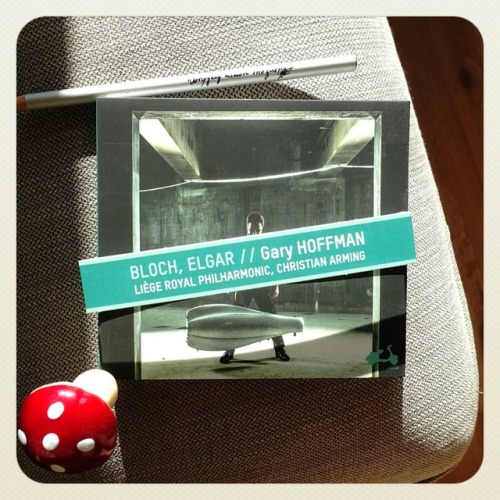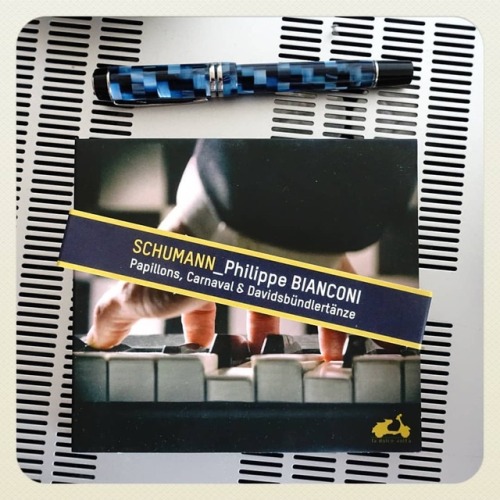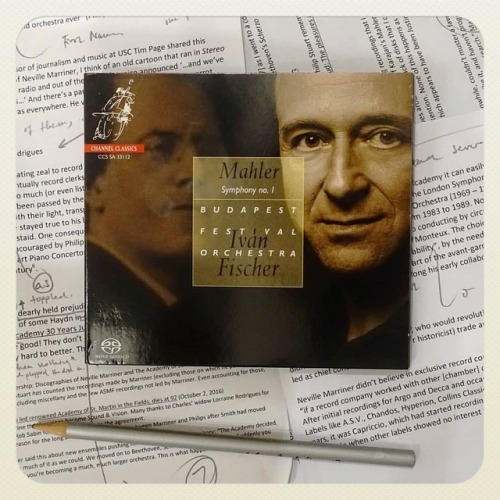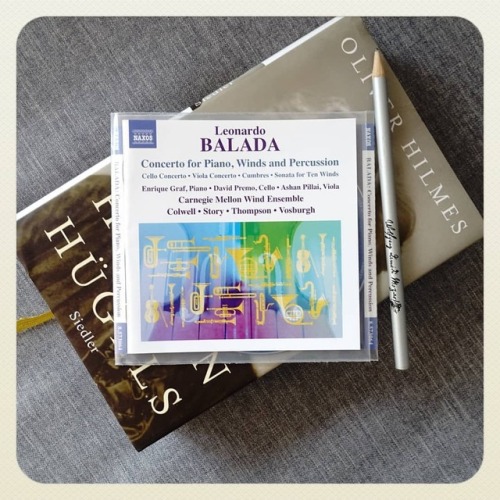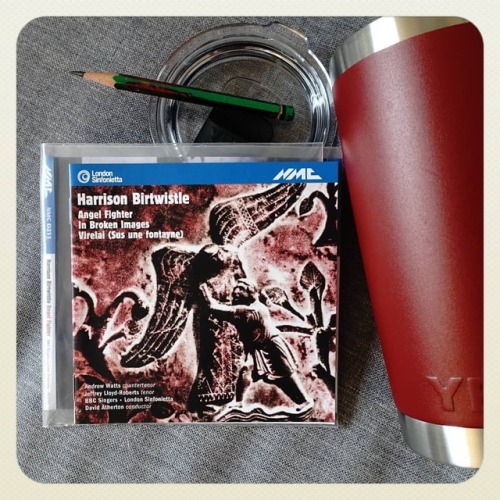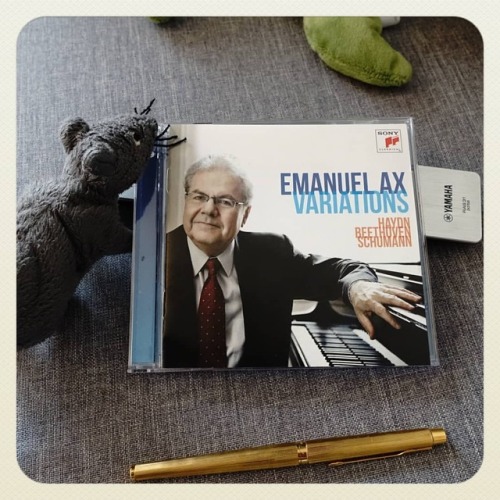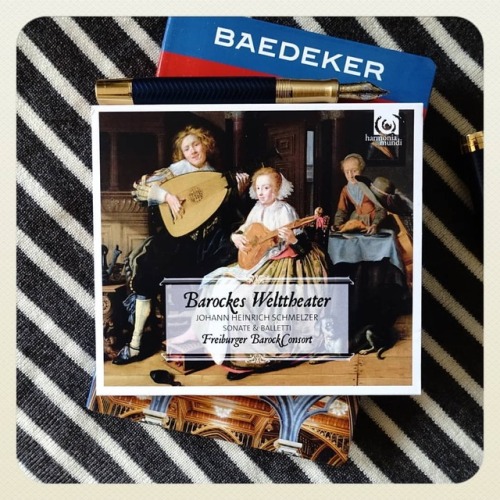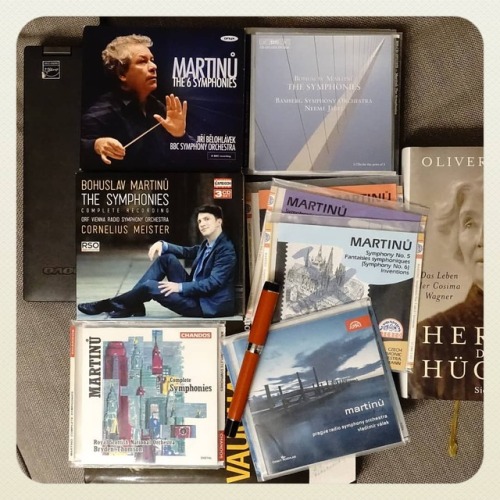Best Recordings of 2018 (Re-Releases)
Time for a review of classical CDs that were outstanding in 2018 again! This lists the re-releases, the list with all choices, including the new releases, can be found here.
Preamble
For the usual preamble, go to the complete list. Here, meanwhile, are the links to the past iterations on ionarts and Forbes.com:
2004 | 2005 | 2006 | 2007 | 2008 | 2008—"Almost" | 2009 | 2009—"Almost" | 2010 | 2010—"Almost" | 2011 | 2011—"Almost" | 2012 | 2013 | 2014 | 2015 | 2016 | 2017
# 10 - Re-Release
Joseph Marx, Orchestral Works v.1, Steven Sloane, Bochum Symphony, Naxos 8.573831
 Joseph Marx, Orchestral Works v.1 (Nature Trilogy, Symphonic Night Music, Idyll, Spring Music) S.Sloane / Bochum Symphony Naxos |
# 9 - Re-Release
Antonio Rosetti, Symphonies & Concertos, Johannes Moesus, Hamburg Symphony, MDG 601 2056-2
 Antonio Rosetti, Symphonies & Concertos J.Moesus / Hamburg SO mDG |















